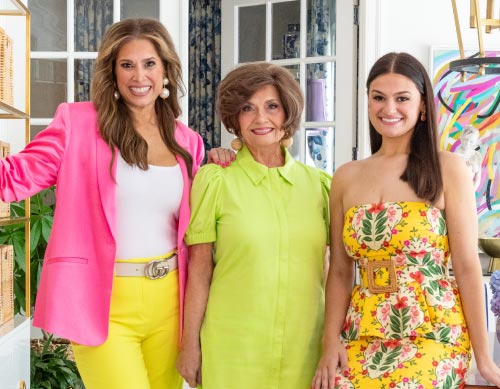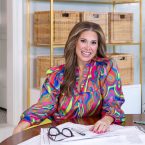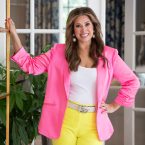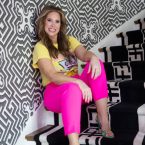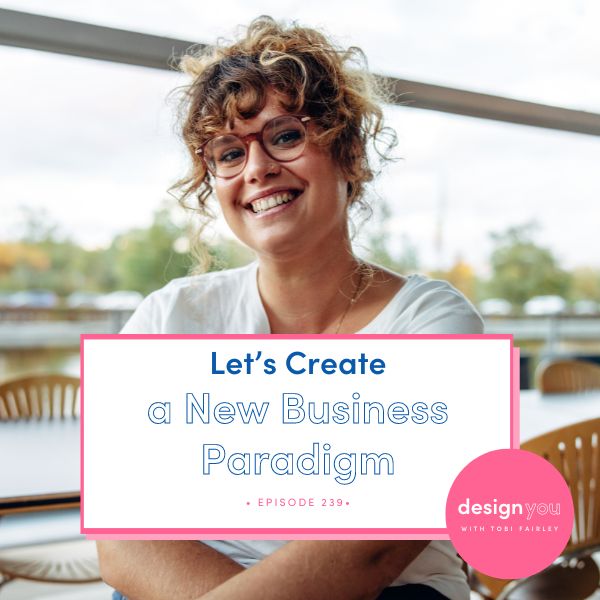
For as long as I can remember, the main example for me of how business works was set by men. But over time, I learned that what was ideal for white, affluent men, was not ideal for me. I began to understand and recognize the socialization that I received as a woman didn’t actually serve me, so this week, I’m breaking it down at a different level so you can understand the problem with modeling our business practices after these male role models in ways that don’t align with our nature or who we are.
Hustling and trying to create financial success in my business led me to do a ton of damage to my health and well-being. The way I was striving for success would take a toll on any human body and is the reason why I’m now dealing with chronic pain. So this week, I’m sharing more about the consequences of putting myself through a system designed by men for men to succeed and why we need to be creating new business paradigms.
Join me this week as I share my lived experience of being socialized as a woman, how this affected my beliefs about running a business, and how difficult the business model I was trying to align with was for me. I’m showing you how to stop doing business the old way, sharing more about how the chronic cycle of overworking and hustling has negatively impacted my health and why it’s time for us all to start doing business differently.





